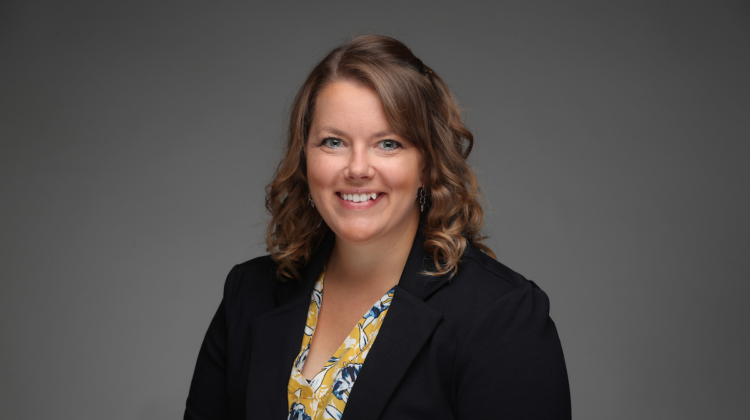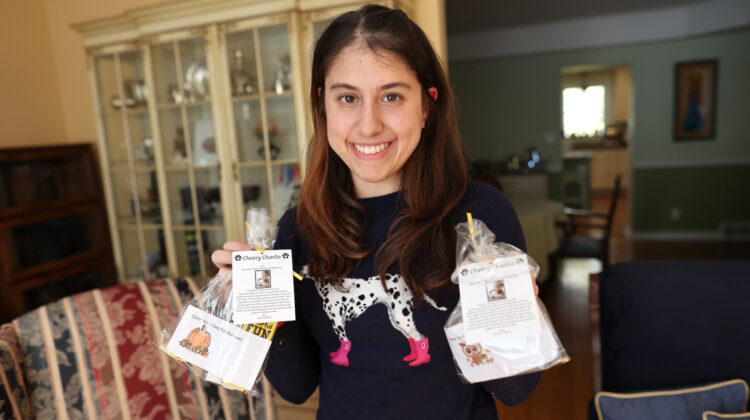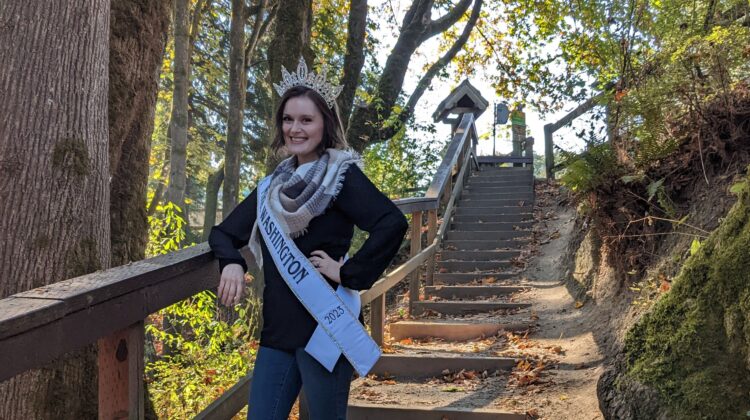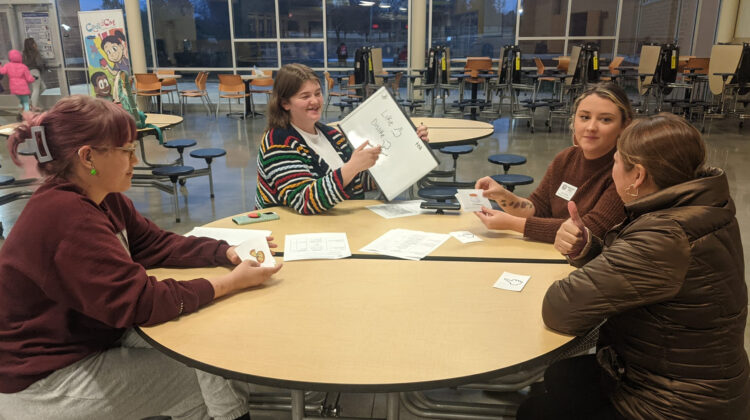Educator Dr. Amber Howard was recently featured in the Springfield Business Journal. She co-wrote an article titled, “Why competency-based education is good for the business world.”
Howard is an assistant professor in the department of childhood education and family studies.
The article explains about Competency-Based Learning (CBL) and makes an argument for CBL’s usefulness for the business world.
Excerpt:
CBL has been called many things, including standards-based learning, mastery learning and personalized learning. The benefits to the education system of this practice are seemingly endless. CBL aims to replace traditional assessment and accountability measures such as yearly standardized testing and quarterly benchmark assessments with real-world application of learning in meaningful ways.
This real-world application increases students’ ability to retain and transfer their learning to other contexts, expands college and career readiness, increases both student and teacher satisfaction with the learning process and has the potential to transform our education system.



 Tamar had to think outside the box to find ways to volunteer in this field since it was in the middle of the COVID-19 pandemic.
Tamar had to think outside the box to find ways to volunteer in this field since it was in the middle of the COVID-19 pandemic. 

